In today’s fast-paced business environment, ensuring the safety and integrity of your workforce is more critical than ever. Comprehensive background checks are an essential tool for employers, providing valuable insights into a candidate’s history and helping mitigate risks before they join your team.
By verifying credentials, criminal records, and employment history, background checks not only protect your company but also foster a trustworthy and secure work environment.
In this guide, we’ll explore the importance of conducting thorough background checks, how they enhance workplace safety, and the best practices to implement them effectively. Whether you’re hiring for a small business or a large organization, discover how this proactive step can safeguard your workforce and business reputation.
Comprehensive Background Checks: Protect Your Business Now
The Importance of Thorough Screening Processes

When it comes to building a successful and secure workforce, thorough screening processes are of utmost importance. Gone are the days when a simple interview and reference check were enough to determine the suitability of a candidate.
In today’s competitive business landscape, where trust and integrity are crucial, comprehensive background checks have become an essential tool for employers.
Comprehensive criminal background checks go beyond just verifying employment history and educational qualifications. They delve into an individual’s criminal records, credit history, and even social media presence. By conducting these checks, employers can gain valuable insights into a candidate’s character, integrity, and potential risks they may pose to the organization.
One of the key benefits of thorough screening processes is the ability to identify any red flags or discrepancies in a candidate’s background.
For example, if a candidate has a history of financial fraud or violence, it raises serious concerns about their suitability for certain roles within the organization. By uncovering such information early on in the hiring process, employers can make informed decisions that protect their company from potential harm.
Mitigating Risks Through Comprehensive Background Checks

Comprehensive background checks play a vital role in mitigating risks within an organization. By thoroughly vetting candidates before they join the workforce, employers can reduce the likelihood of internal theft, fraud, or other malicious activities.
For instance, imagine hiring an employee who has previously been involved in embezzlement at their previous job. Without conducting comprehensive background screening, you may unknowingly expose your company to financial losses or damage to its reputation.
By implementing thorough screening processes that include financial record checks and reference verification with previous employers, you can significantly reduce these risks.
In addition to preventing internal threats, performing comprehensive background checks also help protect your organization from external risks. By conducting criminal record checks, employers can ensure that they are not hiring individuals with a history of violence or other criminal activities.
This is particularly important for roles that involve working with vulnerable populations or handling sensitive information.
Uncovering False Representations: The Cost of Inadequate Vetting

Inadequate vetting can have severe consequences for an organization. Hiring individuals who have misrepresented their qualifications or provided false information can lead to a loss of productivity, damage to the company’s reputation, and even legal implications.
For example, imagine hiring a candidate who claims to have a specific certification required for their role but later turns out to have fabricated it. This not only puts the organization at risk but also undermines the credibility of the entire workforce.
By conducting employment background checks, employers can verify the accuracy of the information provided by candidates and ensure that they are hiring individuals with genuine qualifications.
Moreover, inadequate vetting can also result in a poor cultural fit within the organization. When candidates are not thoroughly screened, there is a higher chance of hiring individuals who do not align with the company’s values and goals.
This can lead to internal conflicts, decreased morale among employees, and ultimately hinder the overall success of the organization.
Compliance with Legal Standards: Navigating Background Check Regulations

Conducting background checks is a critical step in the hiring process, but ensuring compliance with legal standards is equally important. Employers must navigate a complex landscape of laws and regulations that vary by country, state, and even local jurisdiction.
These rules dictate what information can be obtained, how it can be used, and the steps employers must take to remain lawful and ethical.
For example, in the United States, the Fair Credit Reporting Act (FCRA) governs how employers handle background checks, requiring explicit candidate consent before conducting the check.
Employers must also notify candidates if adverse hiring decisions are based on the findings, providing an opportunity to dispute inaccuracies. Similarly, “ban-the-box” laws in many states and cities restrict employers from asking about criminal records on initial job applications to prevent discrimination against individuals with prior convictions.
Internationally, the General Data Protection Regulation (GDPR) in the European Union imposes strict rules on the collection and processing of personal data, including background check information. Employers must ensure they have a lawful basis for processing such data, often requiring explicit consent, and must handle all information securely and transparently.
Working with a reputable background check provider can help organizations navigate these regulatory requirements. These providers often have the expertise to tailor checks to the legal standards of specific regions while ensuring that only permissible data is collected. Moreover, they can guide employers on best practices for handling sensitive information, including secure storage and limiting access to authorized personnel.
Maintaining compliance is not only a legal necessity but also a demonstration of respect for candidate privacy and fairness.
Enhancing Workplace Safety and Security with Background Checks

Workplace safety and security are paramount concerns for any organization. By conducting comprehensive background checks, employers can take proactive measures to ensure the safety of their employees and protect company assets.
For instance, background checks that include criminal record checks can help identify individuals with a history of violence or other criminal activities. By excluding such individuals from the workforce, employers create a safer environment for their employees.
In addition to ensuring physical safety, comprehensive background checks also contribute to cybersecurity. With the increasing prevalence of data breaches and cyber threats, it is crucial for organizations to hire individuals who have a clean record when it comes to handling sensitive information.
Building a Trustworthy Company Culture with Vetting Practices

A trustworthy company culture thrives on the principles of integrity, transparency, and accountability, and comprehensive vetting practices are a cornerstone for fostering these values. By rigorously screening potential hires, organizations demonstrate their commitment to maintaining a high standard of professionalism, ensuring that every team member aligns with the company’s core values.
When employees know that their colleagues have undergone thorough vetting, it reinforces mutual trust and reliability. This assurance creates an environment where collaboration flourishes, as employees can confidently engage in teamwork, knowing that everyone shares a commitment to ethical behavior and competency. A culture built on trust also empowers employees to voice concerns and contribute ideas, further strengthening the organization’s foundation of openness and respect.
Comprehensive vetting practices serve as a magnet for top-tier talent. Prospective candidates recognize that a company with rigorous screening processes values the quality and integrity of its workforce. This not only enhances the organization’s reputation but also attracts individuals who prioritize ethical standards in their professional lives.
Additionally, vetting practices safeguard the organization from potential risks, such as hiring individuals who may not align with the company’s values or pose security concerns. By identifying these red flags early, companies can avoid disruptions that may compromise their workplace harmony or financial stability.
Beyond initial hiring, consistent vetting and re-evaluations, especially for roles involving sensitive information or leadership positions, further reinforce a culture of accountability. Such ongoing diligence demonstrates the company’s unwavering dedication to maintaining trustworthiness at all levels.
Implementing Best Practices for Effective Background Screening

Implementing best practices for effective background screening is crucial for any organization looking to secure its workforce. Comprehensive background checks, the blog’s focus keyword, play a pivotal role in ensuring a safe and reliable work environment. By following the right procedures and guidelines, businesses can mitigate risks and make informed hiring decisions.
One of the key section keywords to consider is accuracy. Ensuring that the information gathered during background checks is accurate is essential for making sound judgments about potential employees. Employers should verify details such as employment history, educational qualifications, and criminal records to paint a clear picture of a candidate’s background.
Another critical section keyword is compliance. Adhering to all relevant laws and regulations when conducting background checks is non-negotiable. Different regions may have specific guidelines regarding the information that can be accessed and how it can be used. Staying compliant not only protects the rights of candidates but also shields the organization from legal repercussions.
Efficiency is also a crucial aspect of background screening. Employers should streamline the process to ensure timely results without compromising accuracy. Leveraging technology and automation can help speed up the screening process while maintaining thoroughness.
Furthermore, confidentiality is paramount when handling sensitive information obtained through background checks. Organizations must safeguard candidate data to maintain trust and uphold their reputation.
Conclusion: Embracing Comprehensive Background Checks for Sustainable Growth
In today’s fast-paced business world, where trust and integrity are paramount, comprehensive background checks have become an indispensable tool for employers. They not only mitigate risks but also enhance workplace safety and security while building a culture of trust and accountability.
Protecting your workforce begins with making informed hiring decisions, and comprehensive background checks are a critical step in ensuring a safe and trustworthy team.
At 4Horsemen Investigation & Security, we provide thorough and reliable background check services to help your business build a solid foundation of integrity and security. Contact us today at 404-680-0860 or visit our website to schedule a free consultation and safeguard your workplace with confidence.






